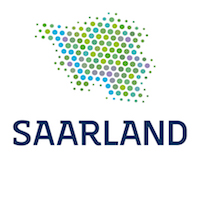TeachAssist
Learning with the help of an AI-based assistance service
Digital assistance services that use artificial intelligence methods to help users in a specific situation are seen by experts as the next generation of digital knowledge technologies (Bersin, Wahlster, et al.). The focus of many developments is on new search and help techniques, use of voice control, etc.
The goal of the ASSIST project is to develop an AI-based assistance service as a personalized information and knowledge service. Instead of actively searching for content on the web, or instead of participating in an (online) course where knowledge content is taught in a structured way, knowledge that a user newly needs in his professional environment is to be specifically searched for, classified, recommended and provided by an “intelligent, personalized assistant”. The goal is to build up the user’s knowledge and competence in a specific subject area and keep it up-to-date – adaptively, continuously, subject-specifically, and at the same time sustainably. The technological basis of ASSIST is a semantic search system as well as a so-called “recommender” system. This semantic search and recommender service is intended to help cope with the flood of information by recommending to the user from the mass of information and learning objects only those that are relevant to him on the basis of his prior knowledge, learning objective, preferences regarding the choice of media, i.e. according to his short-term and long-term knowledge needs. The focus in the choice of intelligent algorithms is on a high degree of automation, a personalization that can be achieved quickly, and at the same time a high validity/relevance and accuracy of the recommendations given.
ASSIST is a cooperation project with Universität des Saarlandes and is funded by the European Regional Development Fund (EFRE) according to the Saarland Framework Directive.

